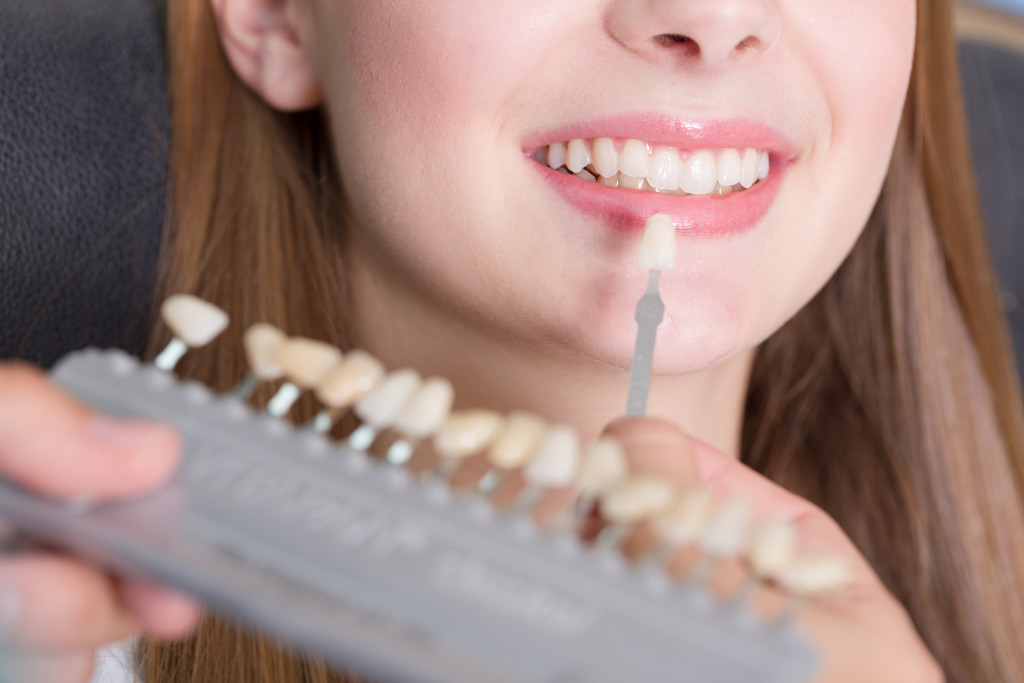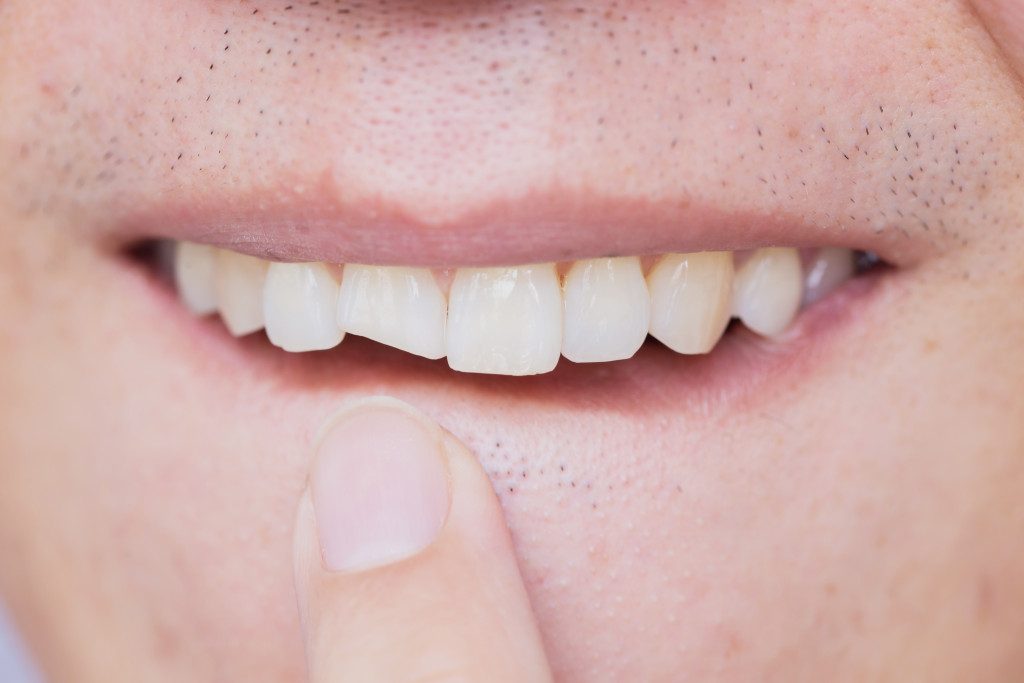- Cracked teeth are a common dental issue caused by hard foods, grinding and clenching, trauma or injury, age and natural wear and tear, and inadequate dental work.
- Treating cracked teeth can be done with veneers, crowns, bonding procedures, or root canals.
- Avoiding hard foods and practicing relaxation techniques can help prevent fractures.
- Regular checkups with your dentist can ensure that any dental work is up to par.
- You can restore your smile in no time with proper care and treatment.
Cracked teeth are a common dental issue caused by various factors. Not only can they be painful and unsightly, but they can also lead to more serious dental problems. Here’s what you need to know about cracked teeth, the leading reasons why they happen, and what you can do to fix them.
What’s a Fractured Teeth?
One of the most common dental issues is a cracked tooth. This type of injury occurs when the enamel on one or more teeth becomes weakened and breaks. Fractured teeth can range from minor to severe, depending on where the fracture is located and how much damage has been done.
What Causes Cracked Teeth?
There are several potential causes for cracked teeth. Here are some of them:

Biting Down on Hard Foods
Repeatedly biting down on hard foods can cause your teeth to crack over time. Foods like ice, hard candy, and popcorn kernels can all cause damage to your teeth, especially if you have weak or decayed teeth. The best way to avoid cracking your teeth from hard foods is to avoid them altogether or to be extra cautious when you do indulge.
Grinding or Clenching Your Teeth
Teeth grinding and clenching – also known as bruxism – is a common dental problem affecting many people, especially during stress. But the constant pressure and friction of grinding and clenching can wear down your teeth over time and even cause them to crack. If you suspect bruxism, talk to your dentist about treatment options like a mouthguard or relaxation techniques.
Trauma or Injury
Accidents happen, and sometimes they can result in a cracked tooth. Whether you’ve been in a car accident, hit to the face while playing sports, or simply had a hard fall, trauma and injury can cause severe damage to your teeth. If you experience sudden tooth pain or notice a crack or chip in your tooth, seek dental treatment immediately to prevent further damage or infection.
Age and Natural Wear and Tear
As people age, their teeth become more brittle and prone to cracks and chips. This is due to a combination of factors, including wear and tear from years of use, changes in our dental anatomy, and decreased moisture in our mouths. While you can’t turn back the clock on aging, you can protect your teeth from further damage by maintaining good oral hygiene, visiting your dentist regularly, and avoiding risky behaviors like smoking or excessive alcohol consumption.
Inadequate Dental Work
Finally, one of the leading reasons for cracked teeth is inadequate dental work – whether it’s a filling, crown, or other type of restoration. If your dental work is poorly fitted or doesn’t function properly with your natural teeth, it can cause undue stress and pressure on your teeth, leading to cracks and chips. Choose a reputable dentist and undergo regular checkups to ensure your dental work is up to par.
Ways to Fix Cracked Teeth
Thankfully, there are various ways to fix cracked teeth. Here are four of the most common ways.

Veneers
Dental procedures can help you deal with cracked teeth. One of the most common dental procedures is installing robust dental veneers for your teeth. These veneers are custom-made and highly durable covers that fit over your tooth. They can hide chips or cracks and give you a more consistent look.
Crowns
If the crack is too severe, a dental crown might be recommended by your dentist. A crown is like a cap and fits snugly around the affected tooth to protect it from further damage while improving its overall appearance.
Bonding
During bonding procedures, your dentist will apply a special type of resin to the cracked teeth to fill in any gaps or holes caused by the fracture. This resin is then hardened with ultraviolet light to blend in with the surrounding teeth for a seamless finish.
Root Canals
Root canals may sometimes be necessary if the crack has reached deep into the tooth’s pulp chamber. During a root canal, your dentist will remove any infected tissue and fill it with a special material that prevents further decay or infection.
As you can see, cracked teeth are a common dental issue caused by various factors. It’s essential to understand what causes them and how you can treat them in order to prevent any long-term damage or pain. If you have a cracked tooth, contact your dentist immediately for an evaluation and treatment plan. With proper care, you can get your smile back in no time!

